
Buraidah: The Heart of the Arabian Peninsula
Buraidah, the capital of Al-Qassim Region in Saudi Arabia, is a city that beautifully blends tradition with modernity. Known for its rich agricultural heritage, Buraidah is famous for its vast date farms, contributing significantly to the region's economy. As you explore the city, you'll find a unique mix of historical sites and contemporary attractions that offer a glimpse into the life and culture of the Arabian Peninsula. One of the most iconic landmarks in Buraidah is the Buraidah Museum, which provides an insightful look into the city's history and culture. The museum houses a wide array of artifacts, including ancient manuscripts, traditional clothing, and tools used by the early inhabitants of the region. For nature lovers, the King Khalid Park and Garden is a must-visit. This sprawling green space is perfect for picnics and leisurely strolls, offering a serene environment amidst the city's hustle and bustle. Buraidah is also renowned for its vibrant markets, particularly the Qassim Date Market. Here, you can experience the hustle and bustle of local trade, with vendors selling a variety of dates and other regional products. The market not only offers a taste of local flavors but also provides a unique cultural experience. For those interested in more contemporary attractions, Buraidah has a range of modern shopping centers and dining options that cater to all tastes. The city hosts several festivals throughout the year, with the Buraidah Date Festival being the most famous. This event attracts visitors from all over the world, eager to sample the region's best dates and take part in traditional festivities. Buraidah's strategic location also makes it an excellent base for exploring the wider Al-Qassim region, known for its picturesque landscapes and historical sites.
Local tips in Buraidah
- Visit Buraidah during the cooler months from October to March for a more comfortable experience.
- Don't miss the Qassim Date Market; it's a great place to buy souvenirs and sample local delicacies.
- Wear modest clothing in line with local customs, especially when visiting traditional markets and religious sites.
- Try to learn a few basic Arabic phrases; it can help you connect better with the locals.
- Plan your visit around the Buraidah Date Festival to experience the city's cultural heritage at its best.
Buraidah: The Heart of the Arabian Peninsula
Buraidah, the capital of Al-Qassim Region in Saudi Arabia, is a city that beautifully blends tradition with modernity. Known for its rich agricultural heritage, Buraidah is famous for its vast date farms, contributing significantly to the region's economy. As you explore the city, you'll find a unique mix of historical sites and contemporary attractions that offer a glimpse into the life and culture of the Arabian Peninsula. One of the most iconic landmarks in Buraidah is the Buraidah Museum, which provides an insightful look into the city's history and culture. The museum houses a wide array of artifacts, including ancient manuscripts, traditional clothing, and tools used by the early inhabitants of the region. For nature lovers, the King Khalid Park and Garden is a must-visit. This sprawling green space is perfect for picnics and leisurely strolls, offering a serene environment amidst the city's hustle and bustle. Buraidah is also renowned for its vibrant markets, particularly the Qassim Date Market. Here, you can experience the hustle and bustle of local trade, with vendors selling a variety of dates and other regional products. The market not only offers a taste of local flavors but also provides a unique cultural experience. For those interested in more contemporary attractions, Buraidah has a range of modern shopping centers and dining options that cater to all tastes. The city hosts several festivals throughout the year, with the Buraidah Date Festival being the most famous. This event attracts visitors from all over the world, eager to sample the region's best dates and take part in traditional festivities. Buraidah's strategic location also makes it an excellent base for exploring the wider Al-Qassim region, known for its picturesque landscapes and historical sites.
When is the best time to go to Buraidah?
Iconic landmarks you can’t miss
Alhason Center
Discover Alhason Center in Buraydah: A vibrant shopping mall with diverse stores, dining options, and entertainment for all ages, perfect for tourists.
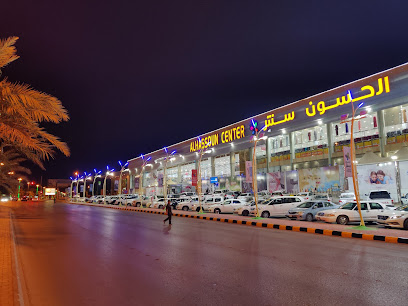
Prince Faisal Park
Explore the natural beauty and tranquil atmosphere of Prince Faisal Park, a must-visit oasis in Buraydah for relaxation and family fun.
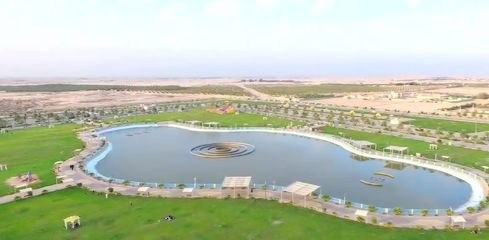
B.Laban
Explore the delightful world of desserts at B.Laban, Buraydah's favorite ice cream shop, known for its unique flavors and inviting atmosphere.
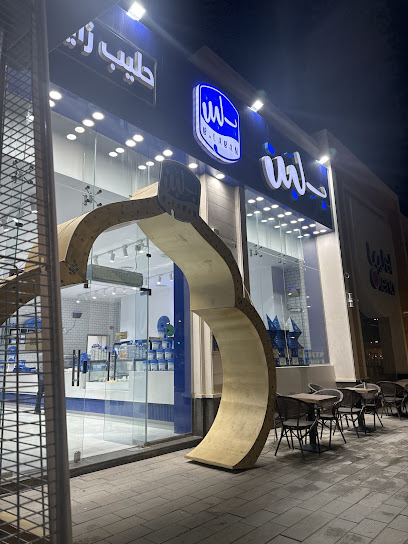
Mövenpick Qassim
Discover luxury and comfort at Mövenpick Qassim, your ultimate retreat in Buraydah, Saudi Arabia, featuring exquisite dining and unparalleled hospitality.
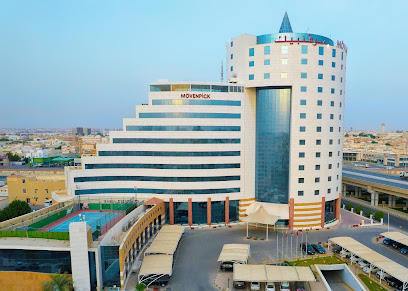
King Abdullah National Park
Discover the beauty of King Abdullah National Park: a peaceful retreat with scenic trails, lush greenery, and family-friendly spaces in Buraydah.
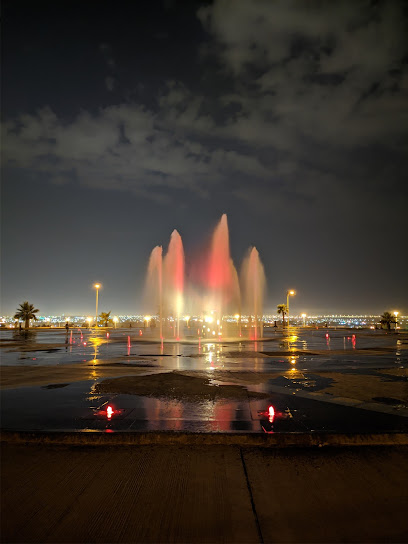
King Khalid Park
Explore the tranquil beauty and family-friendly attractions of King Khalid Park in Buraydah, a perfect urban escape for tourists and nature enthusiasts.
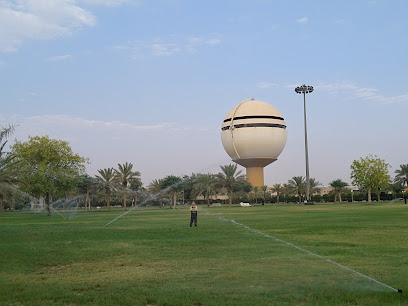
Al Musawkaf Market
Experience the heart of Unaizah at Al Musawkaf Market, where local culture, food, and crafts come together in a vibrant setting.
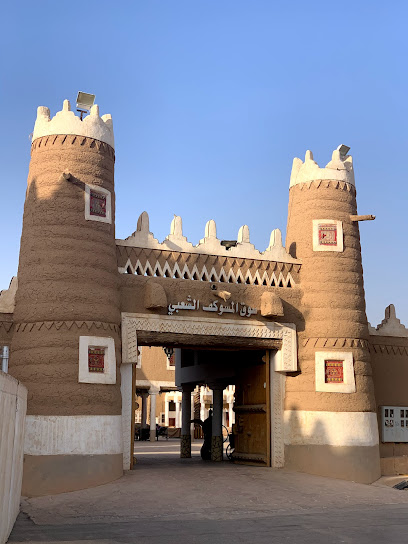
Prince Naif Bin Abdulaziz International Airport
Explore the welcoming Prince Naif Bin Abdulaziz International Airport, your gateway to the wonders of Saudi Arabia, blending modern amenities with rich cultural heritage.
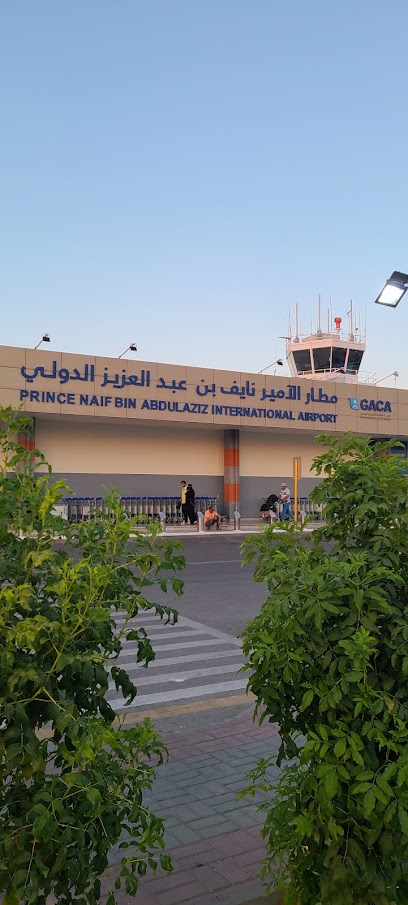
Othaim Markets
Discover the vibrant flavors and local culture at Othaim Markets, the premier supermarket in Buraydah, Saudi Arabia, offering a delightful shopping experience.
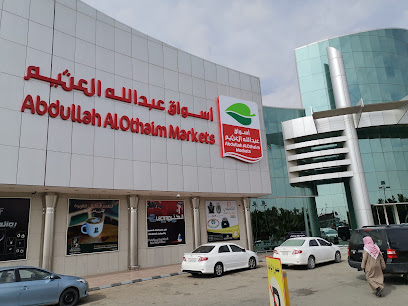
SACO
Discover SACO in Buraydah for all your hardware needs, featuring an extensive selection of tools, materials, and home improvement supplies.
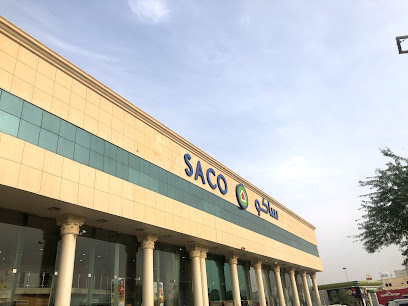
Woosh - AlQassim
Discover endless fun and excitement at Woosh - AlQassim, the ultimate amusement center in Buraydah, perfect for family adventures and thrilling experiences.
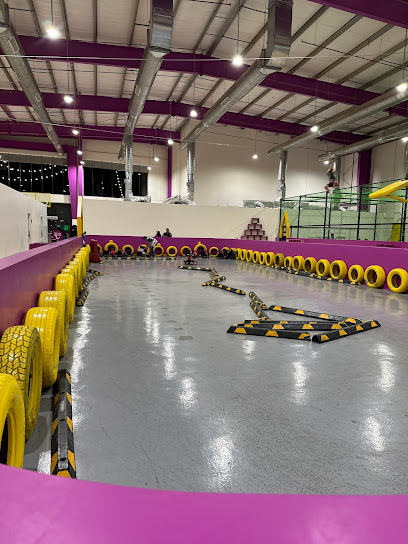
Derity Farm Resort
Discover serenity and rejuvenation at Derity Farm Resort, your ideal getaway in Buraydah, Saudi Arabia.
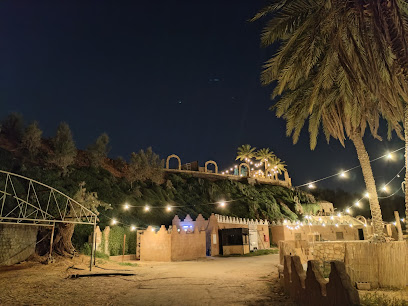
Kubaib Kerala Market, Buraydah
Explore the Kubaib Kerala Market in Buraydah for a vibrant showcase of local flavors, fresh produce, and cultural experiences that define the heart of Saudi Arabia.
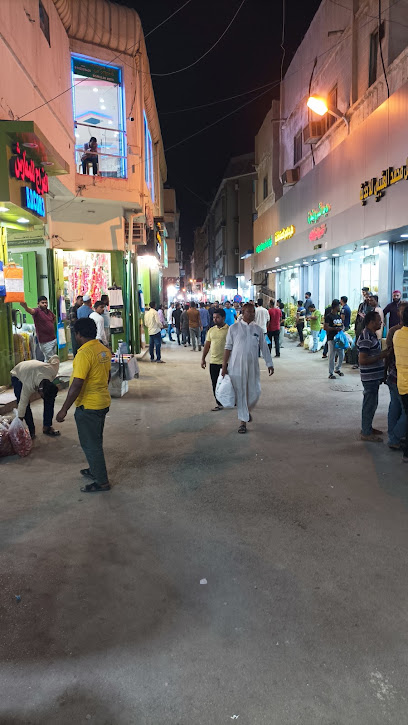
Radisson Blu Hotel, Buraidah
Experience unmatched luxury at the Radisson Blu Hotel, Buraidah, your perfect home away from home in Saudi Arabia.
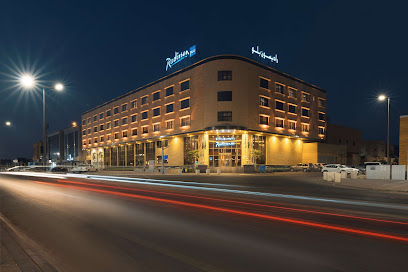
Golden Tulip Buraidah
Experience luxury and local flavors at Golden Tulip Buraidah, a premier hotel and buffet restaurant in the heart of Buraydah, Saudi Arabia.

Unmissable attractions to see
Prince Faisal Park
Explore the lush landscapes and serene atmosphere of Prince Faisal Park, a perfect retreat for families and nature lovers in Buraydah.
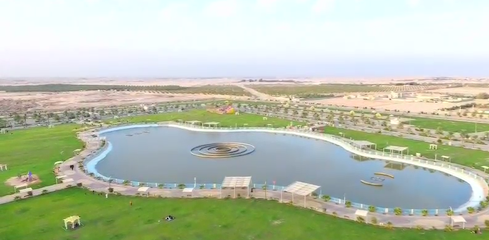
King Abdullah National Park
Explore the lush landscapes and family-friendly playgrounds of King Abdullah National Park in Buraydah, a serene escape for nature lovers.
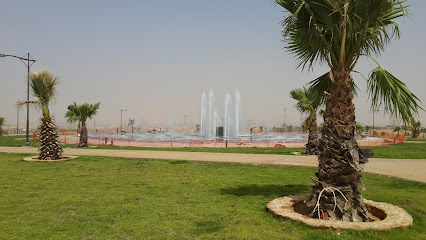
King Khalid Park
Explore the lush gardens and vibrant atmosphere of King Khalid Park in Buraydah, a perfect urban oasis for relaxation and family fun.
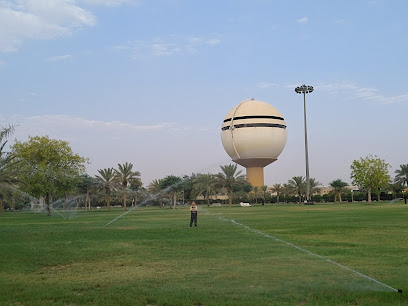
Woosh - AlQassim
Experience thrilling rides and family fun at Woosh - AlQassim, Buraydah's top amusement center offering excitement for all ages.
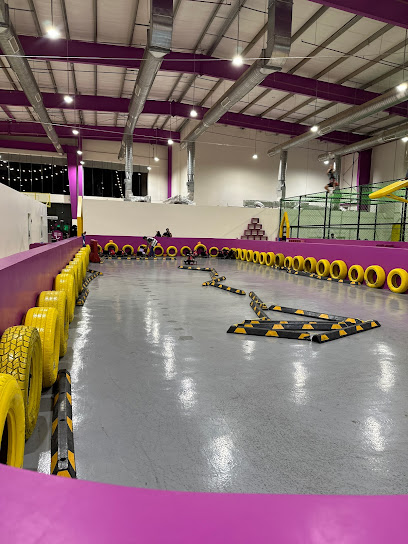
Aliskan park
Discover the tranquil beauty of Aliskan Park in Buraydah, a lush escape featuring vibrant gardens, serene pathways, and family-friendly spaces.
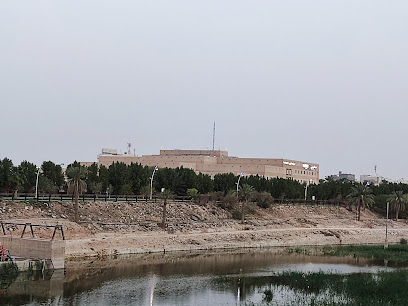
Al Oqailat Climate Park
Discover Al Oqailat Climate Park in Buraydah, a stunning green space with gardens, walking trails, and recreational areas for a perfect family outing.
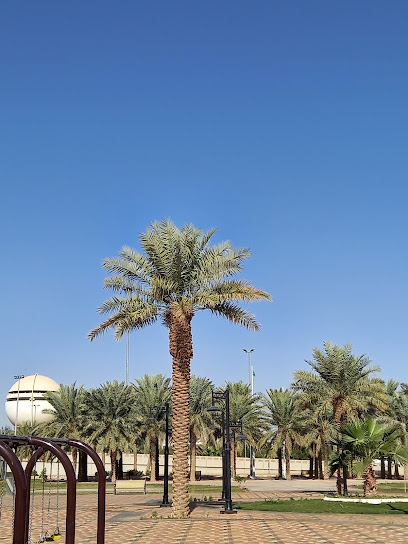
Al Rfyaah Park
Discover the tranquil beauty of Al Rfyaah Park, a serene escape in Buraydah featuring lush landscapes and inviting spaces for relaxation and recreation.
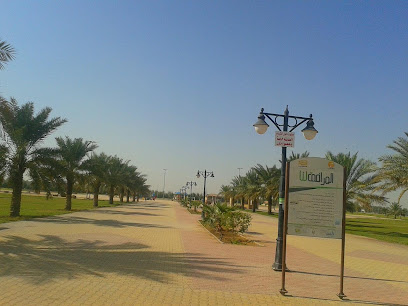
King Khalid Cultural Center
Immerse yourself in the vibrant culture and history of Saudi Arabia at King Khalid Cultural Center in Buraydah, a must-visit for art enthusiasts.
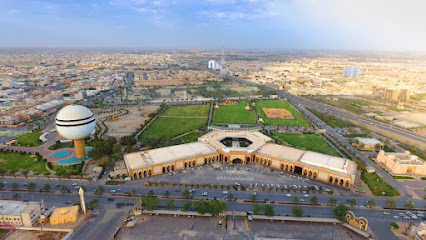
Aloqilat Museum
Discover the rich cultural heritage of Saudi Arabia at Aloqilat Museum, where history comes alive through fascinating artifacts and engaging exhibits.
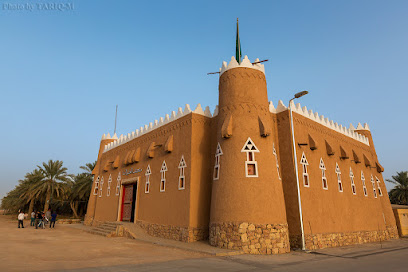
Buraidah Museum
Explore the rich history and cultural treasures of Saudi Arabia at Buraidah Museum, a must-visit attraction in Buraydah.
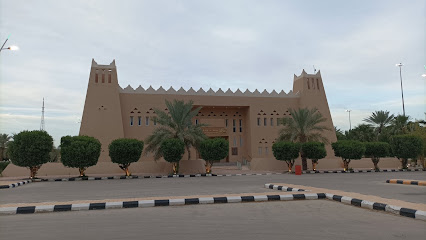
محمية المسند
Explore the rich biodiversity and natural beauty of Al Musnad Wildlife Park in Buraydah, a perfect destination for families and nature enthusiasts.
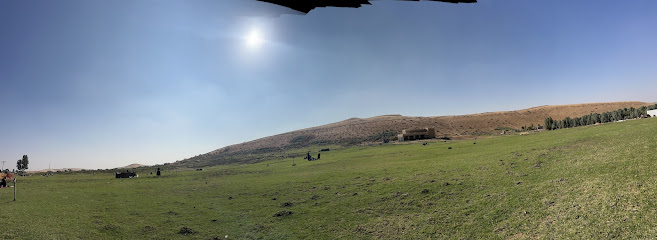
Classic Cars Museum
Discover the timeless elegance of vintage automobiles at the Classic Cars Museum in Buraydah, where history meets craftsmanship in every stunning vehicle.
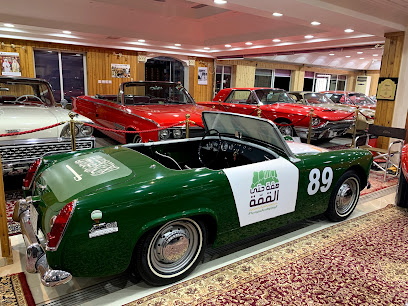
بيت العيدان التراثي
Explore the authentic traditions of Saudi Arabia at بيت الأعياد التراثي in Buraydah, a cultural gem that brings history to life.
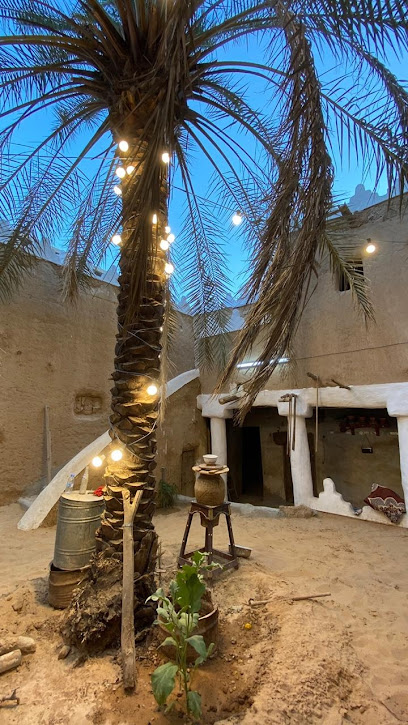
محمية الأوركيد بريدة الخضر
Al-Aurkid Park: A lush green oasis in Buraydah, perfect for relaxation, family fun, and cultural immersion amid stunning landscapes.
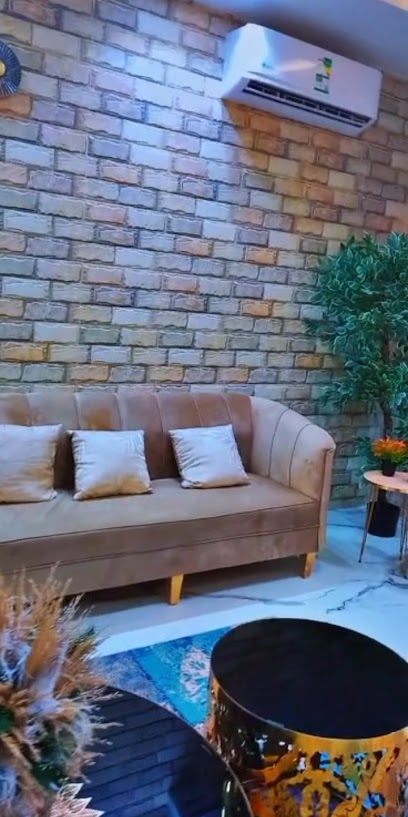
Al Busar Park
Explore Al Busar Park in Buraydah: a serene oasis perfect for relaxation, family outings, and enjoying the beauty of nature.
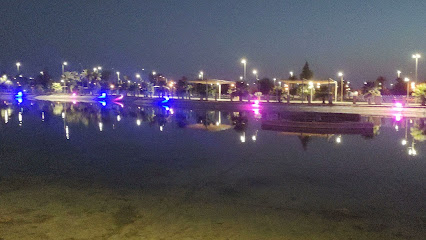
Essential places to dine
Albaik
Experience the flavors of Saudi Arabia at Albaik - where delicious fried chicken meets vibrant local culture.
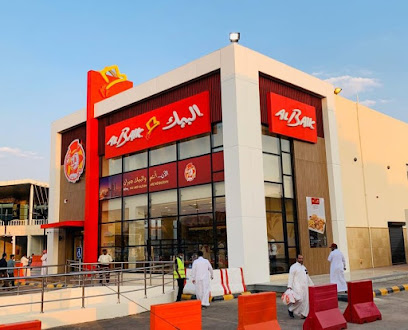
Al Romansiah - Buraydah
Experience the rich flavors of Middle Eastern and Creole cuisine at Al Romansiah - a family-friendly rice restaurant in Buraydah.
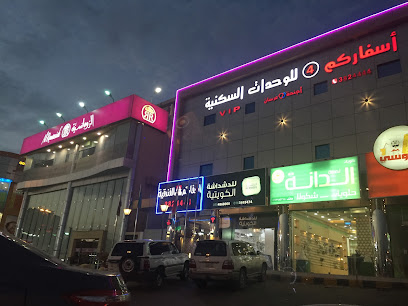
فينور
Discover authentic Lebanese cuisine at فينور in Buraydah - where every dish tells a story of flavor and tradition.
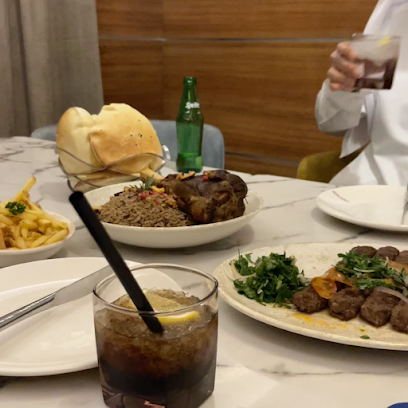
Kashta Restaurant
Discover authentic Saudi flavors at Kashta Restaurant in Buraydah—where tradition meets modern culinary artistry.
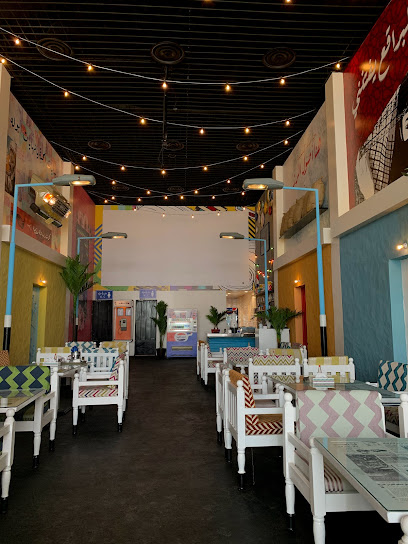
Crater Restaurant
Discover culinary delights at Crater Restaurant in Buraydah, where flavor meets hospitality in a charming setting.
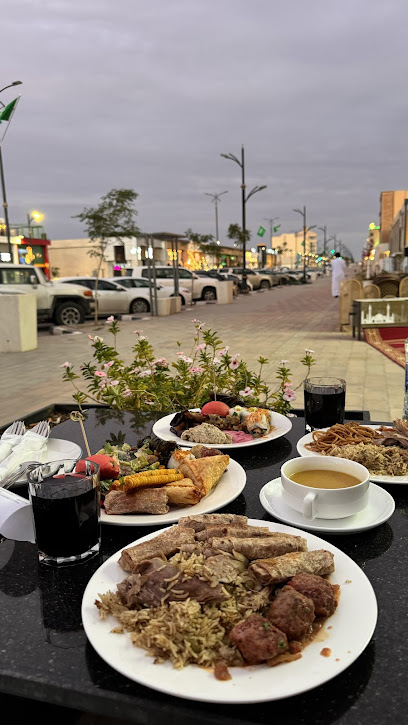
Taj Mahal Restaurant
Experience authentic Indian cuisine at Taj Mahal Restaurant in Buraydah – where every meal is a celebration of flavor and tradition.
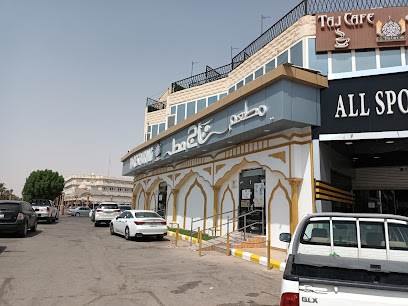
Applebee's | أبل بيز
Discover the essence of American cuisine at Applebee's in Buraydah - where great food meets friendly service.
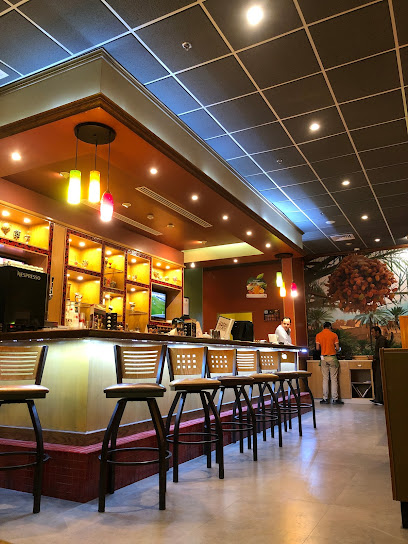
Almayar Restaurant
Experience the vibrant flavors of modern Indian cuisine at Almayar Restaurant in Buraydah - where tradition meets innovation.
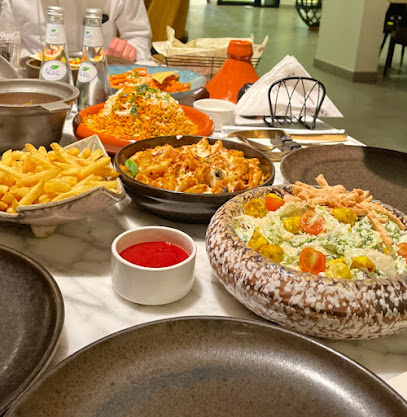
Al Sham Shamek Restaurant
Discover authentic Saudi barbecue at Al Sham Shamek Restaurant in Buraydah, where tradition meets flavor in every bite.

DAYS BURGER
Discover the ultimate burger experience at DAYS BURGER in Buraydah – where gourmet flavors meet a lively atmosphere.
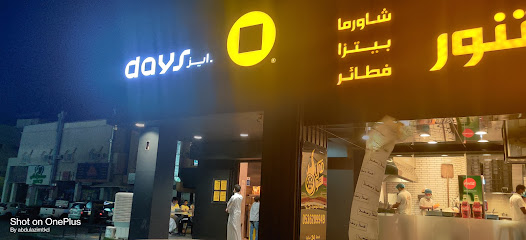
Feeshon
Experience authentic Indian flavors at Feeshon in Buraydah—where each dish tells a story through spices and tradition.
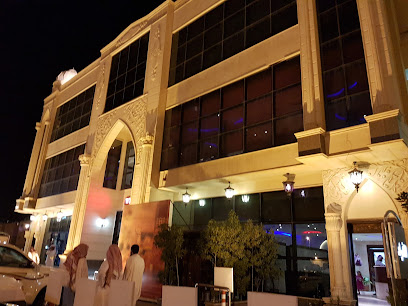
Pure Seafood Restaurant
Discover Buraydah's premier seafood destination at Pure Seafood Restaurant—where freshness meets flavor in every delightful dish.
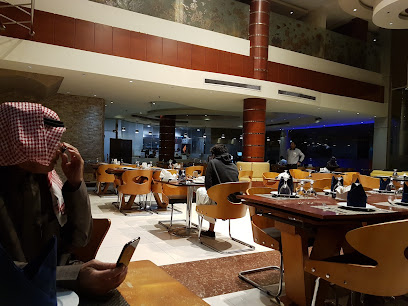
Romeno
Discover the rich flavors of Saudi cuisine at Romeno in Buraydah – where every meal is a celebration of taste and hospitality.
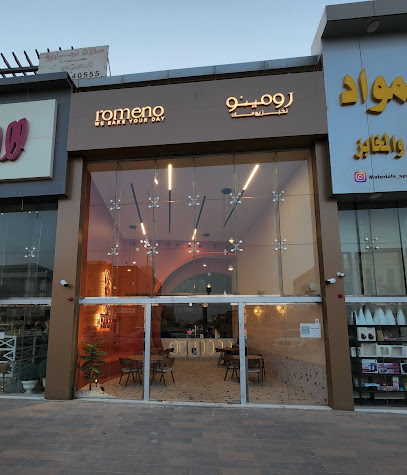
Karam Beirut, Buraidah - AlQasssim
Experience the essence of Lebanon at Karam Beirut in Buraidah – where authentic flavors meet vibrant culture.
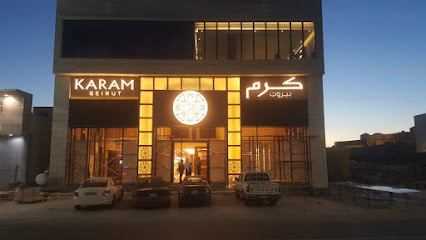
Taj Mahal Restaurant Bukhari
Savor authentic Indian cuisine at Taj Mahal Restaurant Bukhari in Buraydah - where every dish tells a story of tradition and flavor.
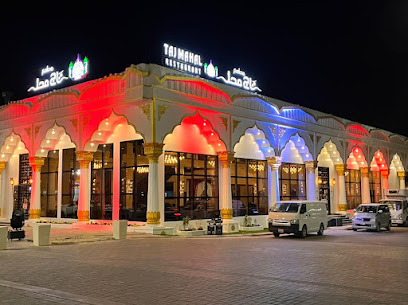
Markets, malls and hidden boutiques
Al Othaim Mall
Explore Al Othaim Mall in Buraydah for a unique shopping experience with diverse stores, delicious dining, and vibrant entertainment.
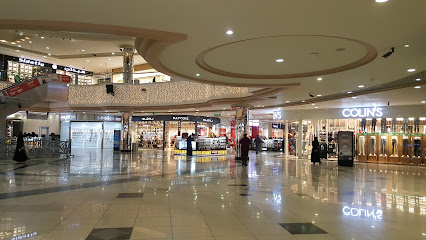
Carrefour
Explore Carrefour in Buraydah for a diverse selection of groceries, household goods, and local flavors under one roof.
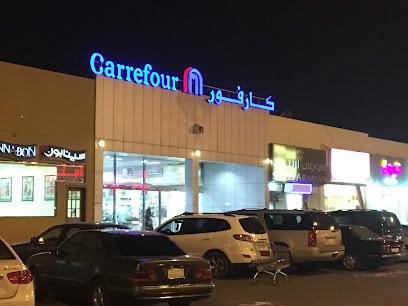
SACO
Explore SACO in Buraydah for an extensive range of hardware and home improvement supplies, perfect for DIY projects and professional needs.
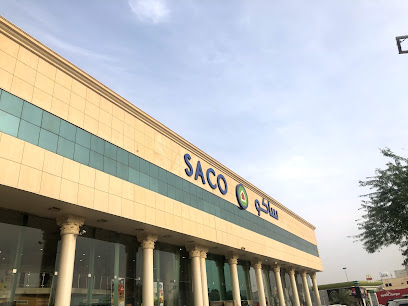
Al basem 5 Riyal shop
Explore Al Basem 5 Riyal Shop in Buraydah for unbeatable prices on home goods and a unique local shopping experience.
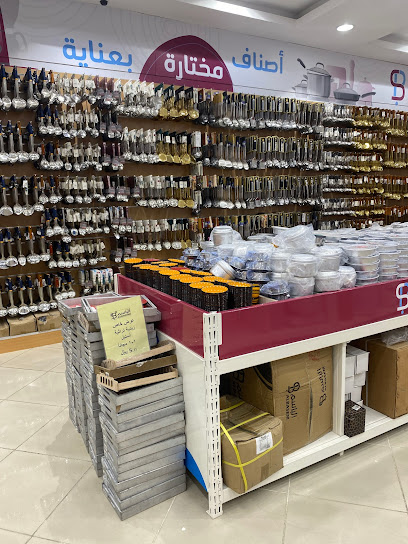
توب سنتر
Discover diverse shopping, dining, and entertainment experiences at توب سنتر, Buraydah's vibrant shopping mall, perfect for every traveler.
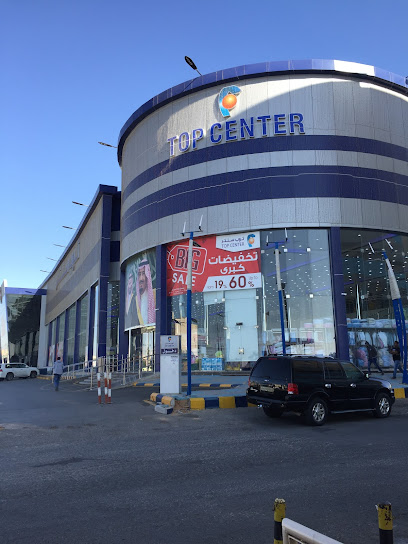
Omari Center
Explore the Omari Center in Buraydah for a diverse shopping experience with dining and entertainment options in a modern atmosphere.
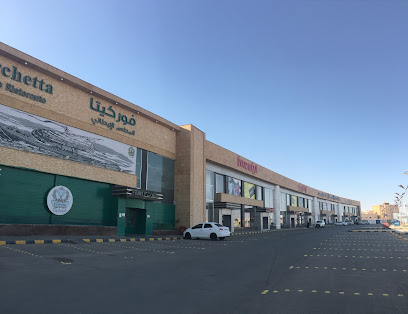
Avenue Mall
Discover a unique shopping experience at Avenue Mall, Buraydah's premier destination for retail, dining, and entertainment.

BestBuy Clothing Buraidah | افضل سعر ملابس بوريدا
Discover stylish and affordable clothing for men and children at BestBuy Clothing in Buraidah, the ultimate shopping destination.
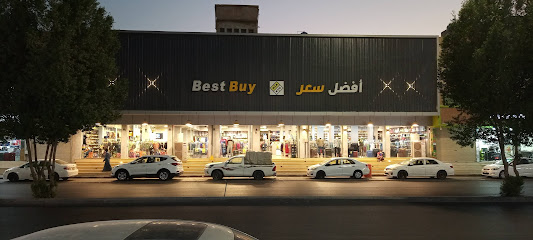
Buraydah
Explore Buraydah, a captivating city in Saudi Arabia, where coffee culture thrives amidst rich history and warm hospitality.
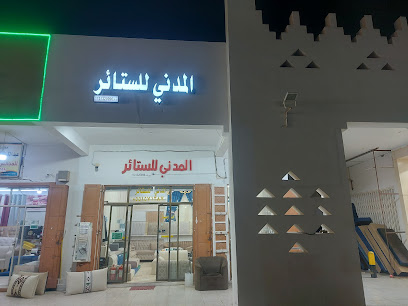
Haraj Market Buraydah
Discover the essence of Buraydah at Haraj Market, a lively shopping destination filled with unique finds and authentic local flavors.

City Heart supermarket
Experience the flavors of the Philippines at City Heart Supermarket in Buraydah, your go-to destination for authentic Filipino ingredients and products.
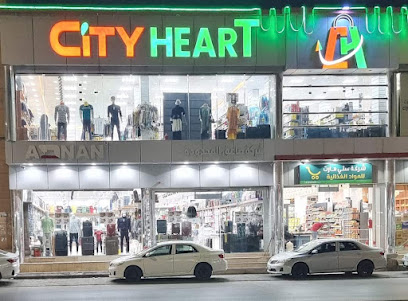
Marjan Saudi
Explore Marjan Saudi, Buraydah’s premier clothing store, showcasing the latest fashion trends and traditional attire for every occasion.

BMW Al Muslam
Explore BMW Al Muslam, your gateway to the latest automotive electronics and accessories in Buraydah, where innovation meets luxury.
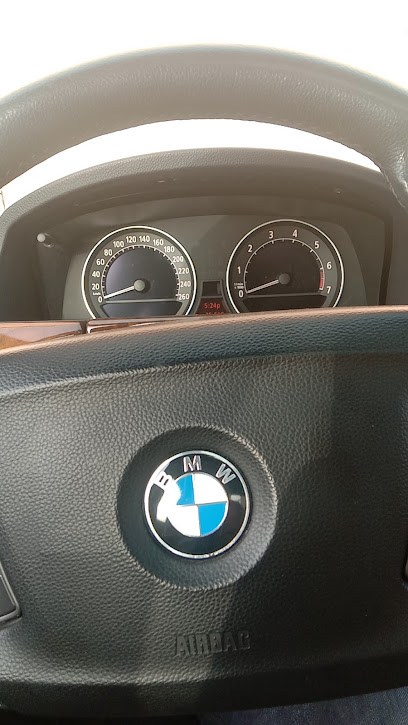
Latt liv
Discover unique gifts and local treasures at Latt Liv, a charming gift shop in Buraydah, perfect for tourists looking to capture the essence of Saudi culture.
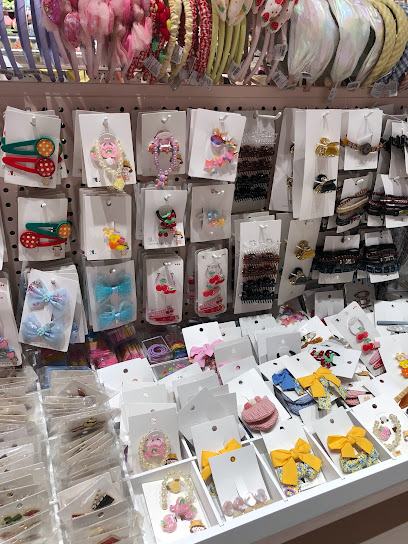
zahra qassim buraydha
Explore Zahra Qassim Buraydha for a unique blend of fashionable dresses and essential auto parts in the heart of Buraydah.
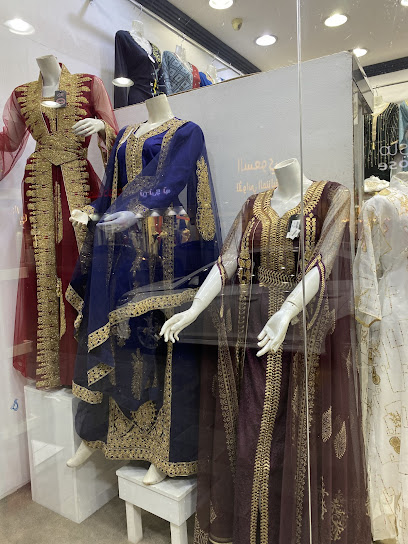
Essential bars & hidden hideouts
فينور
Experience authentic Lebanese cuisine in Buraydah at في نور, where flavors and hospitality come together for an unforgettable meal.
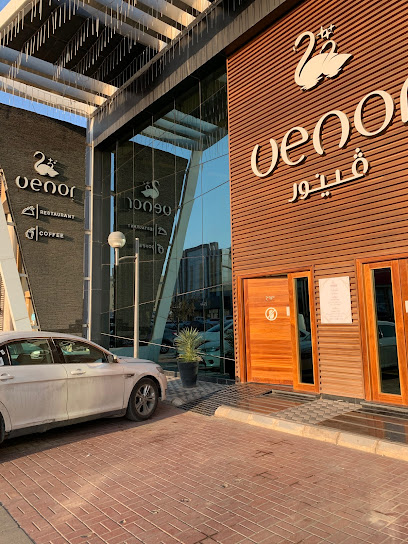
Gunes Cafe
Discover the vibrant flavors of Buraydah at Gunes Cafe, where breakfast and coffee meet a cozy atmosphere.
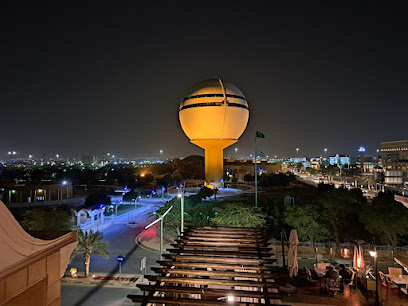
Crater Restaurant
Discover the vibrant culinary scene at Crater Restaurant in Buraydah, offering a mix of traditional and international dishes in a warm setting.
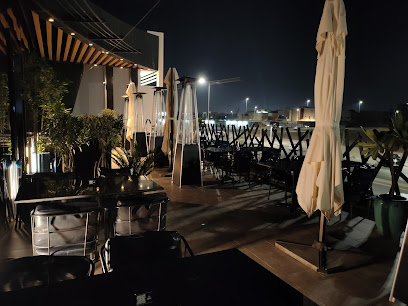
Taj Mahal Restaurant
Discover the rich flavors of India at Taj Mahal Restaurant in Buraydah, where every dish tells a story of culinary tradition.
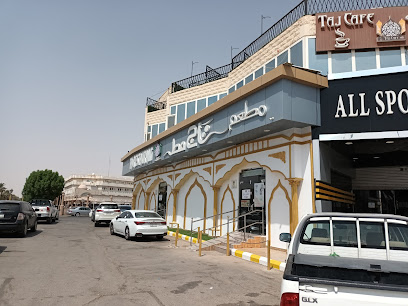
Golden Tulip Buraidah
Discover luxury and culinary delights at Golden Tulip Buraidah, your oasis in Saudi Arabia's vibrant heart.

Garden Restaurant
Discover the Garden Restaurant: A culinary oasis in Buraydah, offering a taste of local and international flavors in a serene setting.
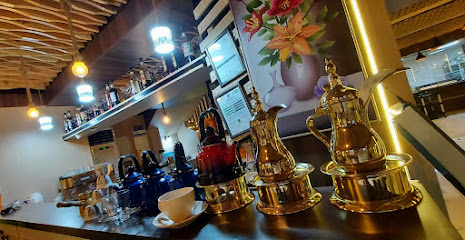
City View cafe & restaurant
Discover the flavors of Buraydah at City View Cafe & Restaurant, where culinary excellence meets breathtaking city vistas.
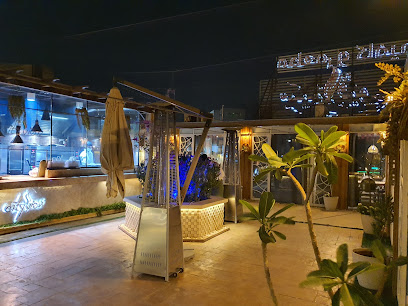
Allwan
Discover the vibrant flavors of Allwan in Buraydah, where rich coffee meets traditional hookah culture in a cozy cafe setting.
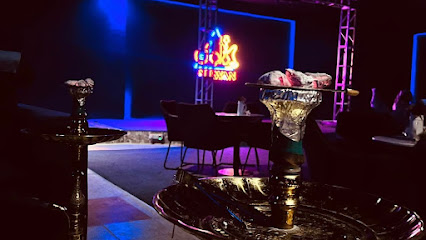
فانتي لاونج Vanity Lounge
Discover the elegance of Vanity Lounge in Buraydah, where exquisite dining meets a vibrant atmosphere for an unforgettable experience.
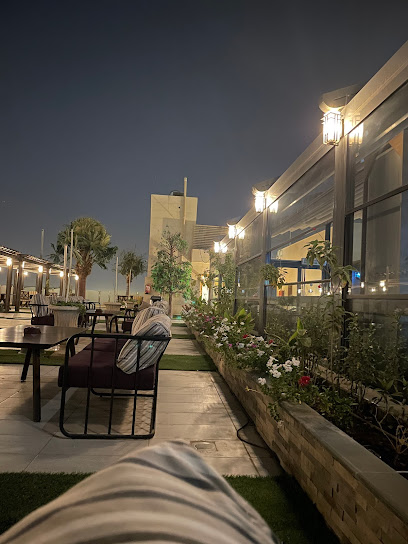
شاليه غزل كوين
Experience the vibrant atmosphere of شاليه غزل كوين in Buraydah, where music and relaxation meet for an unforgettable night out.
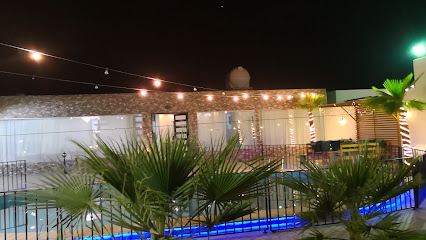
فلكس فت - Flex Fit
Discover Flex Fit in Buraydah: A premier fitness hub blending gym, spa, and café for health and relaxation.
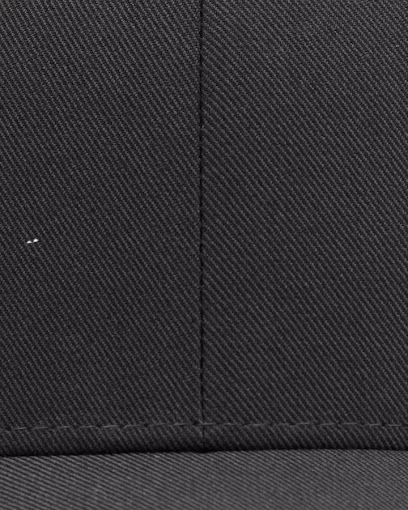
غدق
Discover the exquisite flavors of غدق, a premier restaurant in Buraydah offering a delightful mix of traditional and contemporary cuisine.
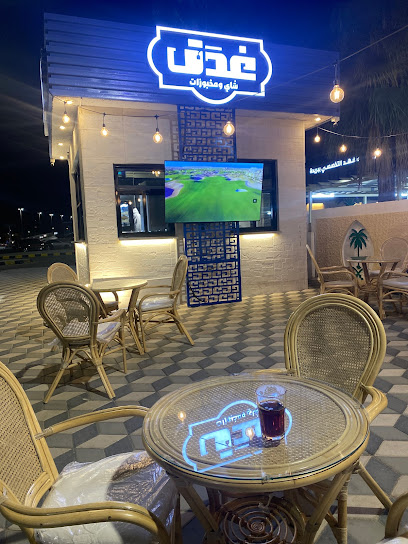
مؤسسة بهار وبن للتجارة
Experience the vibrant atmosphere and local hospitality at مؤسّسة بهار وبن للتجارة, a top bar in Buraydah perfect for unwinding.
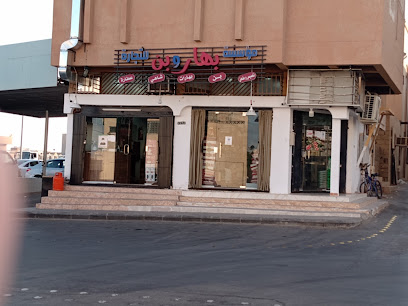
مؤسسة نهضة القرميد للتجارة
Experience the perfect blend of shopping and sports at مؤسسة نهضة القرميد للتجارة in Buraydah, where retail meets relaxation.
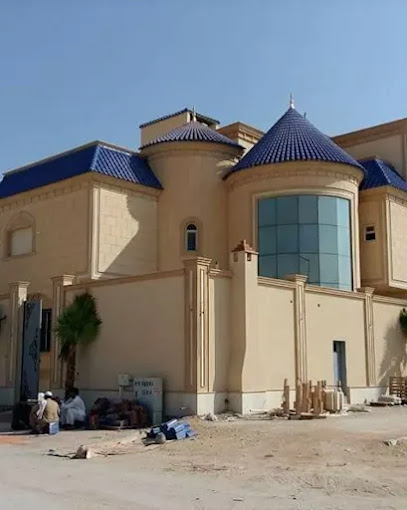
Local Phrases
-
- Helloمرحبا
[Marhaba] - Goodbyeوداعا
[Wada'an] - Yesنعم
[Na'am] - Noلا
[La] - Please/You're welcomeمن فضلك
[Min fadlik] - Thank youشكرا
[Shukran] - Excuse me/Sorryعذرا
[Aathiraa] - How are you?كيف حالك؟
[Kayfa halak?] - Fine. And you?بخير. وأنت؟
[Bikhair. Wa ant?] - Do you speak English?هل تتحدث الإنجليزية؟
[Hal tatahadath al'ingilizia?] - I don't understandأنا لا أفهم
[Ana la afham]
- Helloمرحبا
-
- I'd like to see the menu, pleaseأرغب في رؤية القائمة، من فضلك
[Uridu an ara alqaimah, min fadlik] - I don't eat meatأنا لا آكل اللحم
[Ana la aakul allahm] - Cheers!في صحتك!
[Fi sahtik!] - I would like to pay, pleaseأرغب في الدفع، من فضلك
[Uridu alduf', min fadlik]
- I'd like to see the menu, pleaseأرغب في رؤية القائمة، من فضلك
-
- Help!النجدة!
[Alnajdah!] - Go away!انصرف!
[Ansarif!] - Call the Police!اتصل بالشرطة!
[Itsal bialshurta!] - Call a doctor!اتصل بالطبيب!
[Itsal bialtabib!] - I'm lostلقد ضللت الطريق
[Lakad dalalt altariq] - I'm illأنا مريض
[Ana mareed]
- Help!النجدة!
-
- I'd like to buy...أرغب في شراء...
[Uridu shiraa...] - I'm just lookingأنا فقط أتطلع
[Ana faqat atatala] - How much is it?كم هو ثمنه؟
[Kam huwa thamanuh?] - That's too expensiveهذا غالي جدا
[Hatha ghaali jiddan] - Can you lower the price?هل يمكنك تخفيض السعر؟
[Hal yumkinuka takhfeed alsu'ra?]
- I'd like to buy...أرغب في شراء...
-
- What time is it?ما الوقت؟
[Ma alwaqt?] - It's one o'clockالساعة الواحدة
[Alsa'ah alwahidah] - Half past (10)الساعة العاشرة والنصف
[Alsa'ah alaashirah walnisf] - Morningصباح
[Sabah] - Afternoonبعد الظهر
[Ba'd aldhuhur] - Eveningمساء
[Masa] - Yesterdayأمس
[Ams] - Todayاليوم
[Alyawm] - Tomorrowغدا
[Ghadan] - 1واحد
[Wahid] - 2اثنان
[Ithnan] - 3ثلاثة
[Thalathah] - 4أربعة
[Arbahah] - 5خمسة
[Khamsah] - 6ستة
[Sitah] - 7سبعة
[Sab'ah] - 8ثمانية
[Thamaniah] - 9تسعة
[Tis'ah] - 10عشرة
[Asharah]
- What time is it?ما الوقت؟
-
- Where's a/the...?أين...؟
[Ayna...?] - What's the address?ما هو العنوان؟
[Ma huwa al'anaan?] - Can you show me (on the map)?هل يمكنك أن تريني (على الخريطة)؟
[Hal yumkinuka an tureeni (ala alkharitah)?] - When's the next (bus)?متى يأتي الحافلة القادمة؟
[Mata yaati alhafilah alqadimah?] - A ticket (to ....)تذكرة (إلى...)
[Tathkirah (ila...)]
- Where's a/the...?أين...؟
History of Buraidah
-
Buraidah, the capital of Al-Qassim Province in Saudi Arabia, has a history that stretches back to pre-Islamic times. The area was originally settled by the Al-Sulaim tribe, who made use of its strategic location on ancient trade routes connecting the Arabian Peninsula. Archaeological evidence suggests that the region has been continuously inhabited for thousands of years, with remnants of ancient agricultural systems indicating early human settlement.
-
With the advent of Islam in the 7th century, Buraidah became an important religious and cultural hub. The spread of Islam brought new administrative and social structures to the region. The city’s strategic location made it a key stop for pilgrims traveling to the holy cities of Mecca and Medina. Buraidah flourished as a center of learning and commerce, attracting scholars and traders from across the Arabian Peninsula and beyond.
-
In the late 19th century, Buraidah came under the control of the Al-Rasheed dynasty from the neighboring area of Ha'il. The Al-Rasheed rulers were known for their administrative acumen and military prowess. They fortified Buraidah and developed its infrastructure, including the construction of forts and the organization of agricultural lands. This period saw a relative stability in the region, fostering growth in trade and culture.
-
The early 20th century marked a significant change for Buraidah with the unification of Saudi Arabia under King Abdulaziz Al Saud. The city played a supportive role in the unification process, aligning with the Saudi forces. Post-unification, Buraidah witnessed modernization and integration into the Kingdom of Saudi Arabia. Roads, schools, and hospitals were built, and the city emerged as an administrative center in the newly formed nation.
-
Today, Buraidah is renowned for its agricultural prowess, particularly in the production of dates, which are considered some of the finest in the world. The city hosts the annual Buraidah Date Festival, drawing visitors and traders from across the globe. This event not only highlights the agricultural heritage of the region but also serves as a vibrant cultural gathering, featuring traditional music, dance, and cuisine. Buraidah continues to blend its rich historical legacy with modern development, making it a unique destination in Saudi Arabia.
Buraidah Essentials
-
Buraidah is located in the Al-Qassim Province of Saudi Arabia. The nearest airport is Prince Nayef bin Abdulaziz Regional Airport (ELQ), which is approximately 30 kilometers away from the city center. From the airport, you can hire a taxi or use ride-hailing services to reach Buraidah. Alternatively, you can travel by car from major Saudi cities like Riyadh, which is about 350 kilometers away. The drive typically takes around 4 hours via Route 65.
-
Buraidah offers various modes of transportation, including taxis, ride-hailing services like Uber and Careem, and local buses. Taxis are readily available and are a convenient option for getting around the city. Renting a car is also a viable option, particularly if you plan to explore the surrounding areas. The city's public transport system is limited, so having your own mode of transportation can be beneficial.
-
The official currency in Saudi Arabia is the Saudi Riyal (SAR). Credit cards are widely accepted in hotels, restaurants, and major shops. However, it is advisable to carry some cash for smaller establishments and markets. ATMs are plentiful throughout Buraidah, and you can withdraw Saudi Riyals using international debit or credit cards.
-
Buraidah is generally a safe city for tourists. However, it is always advisable to take standard precautions. Avoid walking alone at night in unfamiliar areas and keep an eye on your belongings in crowded places. There are no specific high-crime areas targeting tourists, but staying vigilant and aware of your surroundings is always a good practice.
-
In case of emergency, dial 999 for police assistance or 997 for medical emergencies. Buraidah has several hospitals and medical facilities that provide quality care. It is recommended to have travel insurance that covers medical emergencies. For minor health issues, there are numerous pharmacies throughout the city where you can purchase over-the-counter medications.
-
Fashion: Do dress modestly, covering your shoulders and knees. Avoid wearing revealing clothing. Religion: Do respect local customs and traditions. Non-Muslims are not allowed to enter mosques. Public Transport: Do be respectful and polite. Avoid eating or drinking on public transport. Greetings: Do greet people with a handshake. Use the right hand, as the left hand is considered impolite. Eating & Drinking: Do try local dishes and accept food offerings graciously. Avoid eating in public during Ramadan fasting hours out of respect for those observing the fast.
-
To experience Buraidah like a local, visit the local markets, especially the Buraidah Dates Market, which is one of the largest in the world. Engage with locals who are often friendly and eager to share their culture and traditions. Don't miss visiting the Al Bassam Heritage House to get a glimpse of traditional Saudi architecture and lifestyle. For a unique experience, attend the Buraidah Date Festival if your visit coincides with it, typically held in August or September.
Trending Landmark in Buraidah
-
Alhason Center
-
Prince Faisal Park
-
B.Laban
-
Mövenpick Qassim
-
King Abdullah National Park
-
King Khalid Park
-
Al Musawkaf Market
-
Prince Naif Bin Abdulaziz International Airport
-
Othaim Markets
-
SACO
-
Woosh - AlQassim
-
Derity Farm Resort
-
Kubaib Kerala Market, Buraydah
-
Radisson Blu Hotel, Buraidah
-
Golden Tulip Buraidah
Nearby Cities to Buraidah
-
Things To Do in Hail
-
Things To Do in Riyadh
-
Things To Do in Medina
-
Things To Do in Jahra
-
Things To Do in Ahmadi
-
Things To Do in Farwaniya
-
Things To Do in Fahaheel
-
Things To Do in Mangaf
-
Things To Do in Sabah Al-Salem
-
Things To Do in Kuwait City
-
Things To Do in Hawalli
-
Things To Do in Salmiya
-
Things To Do in Sakakah
-
Things To Do in Al Jubail
-
Things To Do in Arar




